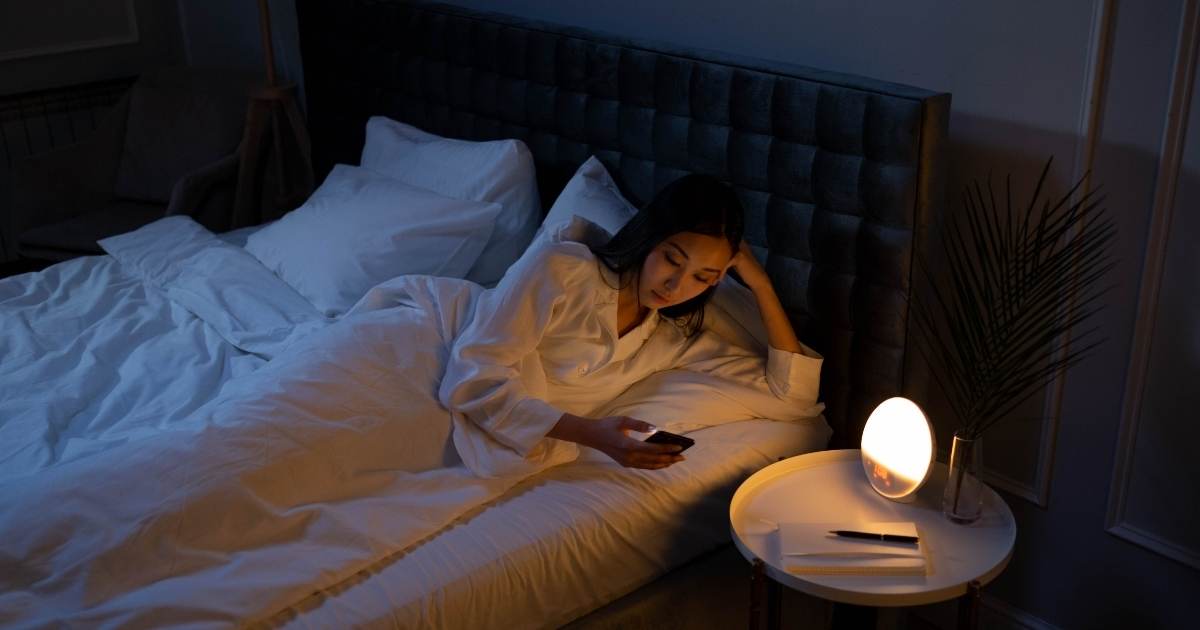The Cost of Being Single
The truth is becoming impossible to ignore. In many US cities, it’s just too expensive to be single. According to a recent study, it costs single adults an average of $96,000 per year to live comfortably.
The study defined “living comfortably” based on the 50/30/20 budget rule. Using this philosophy, half your income covers needs, such as housing, groceries, and transportation costs. One-third of your budget can then be allocated to entertainment and hobbies, while the remaining 20% is budgeted for savings and debt repayment. The numbers ranged from $75,000 in Houston to more than $335,000 in San Francisco.
As wage growth stalls and begins reversing in some cases, many singles are opting for roommates. Coupled adults living alone have found themselves moving in with partners sooner than in previous years.
“$2,500 in the West Village doesn’t even get you a decent studio. But you can get a great two-bedroom between $5,000 and $5,500, so for around $2,600 a person, you get a nice spacious apartment with your partner. It just makes more sense, and couples are seeing that.”
Keyan Sanai, Douglas Elliman Real Estate, New York
But it’s not just rent. In every area, from social, to financial, to medical, singles are getting a worse deal. As if the search for a compatible relationship weren’t already stressful enough, the growing number of unique obstacles facing singles today is enough to make just about anyone get serious about finding their next long-term relationship.
These are just some of the ways being single costs you.
Social Costs
Who is most likely to be single? According to researchers from the University of Toronto, most singles aren’t the gregarious social butterflies we see in romantic comedies. In fact, when compared to more extroverted folks, introverts were more likely to be single.
According to the study’s lead researcher, Eileen Hoan, this isn’t necessarily a bad thing. She says that although extroverts tend to be happier overall, introverts’ preference for alone time and independence makes them more satisfied with being single.
But what about those introverted singles who are looking to couple up? Hoan says introverts tend to be in situations to find a relationship less often, so they may have a tougher time getting into a relationship than their more socially active peers.
“[E]xtroverts are happier than introverts in general—regardless of whether they were single or not—and introversion makes it a bit tougher to get into a relationship in the first place because introverts may not find themselves in social situations as often. Other existing research also suggests that being in a relationship may make someone more extroverted, by increasing confidence and widening their social circle.”
Eileen Hoan, University of Toronto
Our world is set up for couples, so singles often feel left out. As friends settle down and start families, social circles begin to revolve more around couples or children. This can make it tougher to relate to one another’s lives and maintain your connections.
Similarly, many social events cater to couples, leaving singles feeling like they’re on the sidelines. Family holidays and similar events can magnify feelings of loneliness. When everyone around you is celebrating with their significant other or family, it can accentuate the absence of a romantic partner.
Housing Costs
Since the pandemic, the cost of living has soared nationwide. While most Americans are feeling the pressure of inflation in food, utility, and housing costs, this is compounded for adults living in a single-income household.
While married and partnered adults often have the benefit of living in a dual-income household, single adults often lack the safety net of their partner’s assumed financial support. Especially in an emergency such as an unexpected illness or a lay-off, this can be a lifesaver.
According to Zillow, the “singles tax”, that is, the premium that single adults pay to afford a one-bedroom apartment alone, is increasing. Earlier this year, it was reported that single adults spend on average $7,110 per year to live alone. This has led many single adults to seek out roommates who they can share living costs with.
Health Costs
Social activity is valuable to your health, too. According to this study reported on by CNN, those who lack social connections are 50% more likely to die than those who are well connected. Whether romantic or not, connection is what keeps us going, and single folks tend to have fewer of them.
Another statistic that’s shocking to hear? More than half of men feel discontent with their friendships, and only about 1 in 5 are receiving emotional support from friends in a given week. That number seems even smaller compared to twice as many women who said they talk to their friends about their feelings.
According to Dr. Fred Rabinowitz, psychology department chair at the University of Redlands and the author of “Deepening Group Psychotherapy With Men: Stories and Insights for the Journey,” this is an issue with roots in men’s childhood and adolescence.
“A lot of boys and men are lonely because they’re ashamed of what they think and feel. Their peer group has basically said to them, ‘We don’t want to hear it,’ or ‘you’re a downer, you’re a bummer. Why don’t you just get it together?’ And so guys have gone silent. That silence creates more self-doubt, more angst.”
Dr. Fred Rabinowitz
More men than ever before have no close friends at all, according to survey data. In the 1990s, more than half of men said they had a group of close friends, but in the decades since, this number has diminished to around 15%. This is just one of many facets of a growing loneliness crisis.
Loneliness isn’t just a men’s issue, either. Across the board, regardless of gender, chronic loneliness can have detrimental effects, including:
- Increased risk of heart disease
- High blood pressure
- Increased risk of stroke
- Weakened immune system
- Inflammation
- Higher likelihood of developing diabetes
- Issues with cognitive function
- Higher likelihood of developing Alzheimer’s
- Depression and anxiety
- Poor sleep
- Memory issues
Fighting Off Loneliness
Especially as we age, it’s important to make efforts to stay socially engaged. This is even more true for those who are single and may lack the built-in social support that living with a romantic partner provides. Friends and family can be an invaluable resource for companionship, understanding, and a sense of belonging.
Nurturing these relationships and actively participating in social activities can help fight off feelings of loneliness and isolation. Look around your local area for events that you can enjoy with your loved ones, and keep an eye out for opportunities to make new connections.
Final Thoughts
In a world that seems to favor couples, being single can hit hard. The financial strain, feeling excluded, and health worries can pile on. Still, singles find ways to manage, whether it’s sharing rent with roommates, enjoying their own company, or leaning on friends and family.
Remember that finding a compatible relationship is not just about finding someone to share expenses with. Wait to get serious until you find a partner who is a source of companionship, understanding, and support. When you find that special someone, the costs of being single will feel justified.









